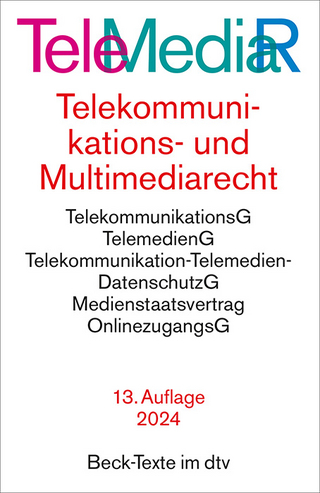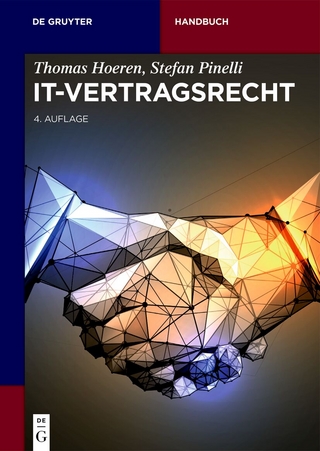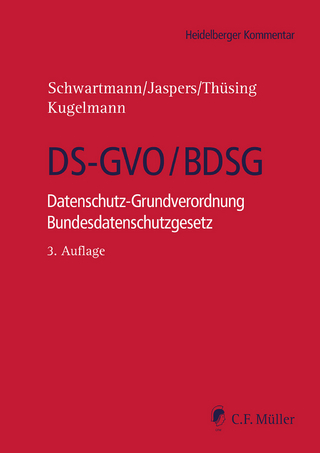
Mass Communication Law and Ethics
Seiten
1994
Lawrence Erlbaum Associates Inc (Verlag)
978-0-8058-0240-5 (ISBN)
Lawrence Erlbaum Associates Inc (Verlag)
978-0-8058-0240-5 (ISBN)
- Titel erscheint in neuer Auflage
- Artikel merken
Zu diesem Artikel existiert eine Nachauflage
A survey of 145 mass media law instructors in 1987 found that although two-thirds of the respondents devoted 10 percent or less of their courses to ethics, they overwhelmingly agreed that ethics should be a significant part of teaching media law. Almost half said ethics is a necessary corollary to law but that legal topics should not be dropped to make room. A similar percentage said that, in class, they distinguish between legal boundaries and standards of ethics in determining appropriate media conduct.
This is the first book to explicitly combine law and ethics rather than separate them as is traditionally done. Many journalism and mass communication programs now include "ethics" in the title for the media law course -- a recognition that journalism graduates must be grounded in ethics and that a combined course is the most feasible and effective way of accomplishing this goal. Sadly, most journalism students complete their degrees with limited, if any, understanding of the symbiotic relationship between media law and ethics. Each chapter in this book includes a discussion of the ethical dimensions of that specific legal topic to demonstrate where the law ends and ethics begins.
Every journalist must establish a personal code of ethics, but the standards can best be understood within the context of mass media law. The question should not be simply "How do I avoid a lawsuit?," but rather "How do I do what is right?" To help students and professors more easily grasp the concepts of the laws and the ethics surrounding them, this volume offers a supplemental student study guide, instructor's manual, and annual updates.
This is the first book to explicitly combine law and ethics rather than separate them as is traditionally done. Many journalism and mass communication programs now include "ethics" in the title for the media law course -- a recognition that journalism graduates must be grounded in ethics and that a combined course is the most feasible and effective way of accomplishing this goal. Sadly, most journalism students complete their degrees with limited, if any, understanding of the symbiotic relationship between media law and ethics. Each chapter in this book includes a discussion of the ethical dimensions of that specific legal topic to demonstrate where the law ends and ethics begins.
Every journalist must establish a personal code of ethics, but the standards can best be understood within the context of mass media law. The question should not be simply "How do I avoid a lawsuit?," but rather "How do I do what is right?" To help students and professors more easily grasp the concepts of the laws and the ethics surrounding them, this volume offers a supplemental student study guide, instructor's manual, and annual updates.
| Verlagsort | Mahwah |
|---|---|
| Sprache | englisch |
| Maße | 178 x 254 mm |
| Gewicht | 1225 g |
| Themenwelt | Recht / Steuern ► EU / Internationales Recht |
| Recht / Steuern ► Privatrecht / Bürgerliches Recht ► IT-Recht | |
| ISBN-10 | 0-8058-0240-1 / 0805802401 |
| ISBN-13 | 978-0-8058-0240-5 / 9780805802405 |
| Zustand | Neuware |
| Informationen gemäß Produktsicherheitsverordnung (GPSR) | |
| Haben Sie eine Frage zum Produkt? |
Mehr entdecken
aus dem Bereich
aus dem Bereich
Telekommunikations- und Multimediarecht
Buch | Softcover (2024)
dtv Verlagsgesellschaft
27,90 €
Datenschutz-Grundverordnung Bundesdatenschutzgesetz
Buch | Hardcover (2024)
C.F. Müller (Verlag)
200,00 €



